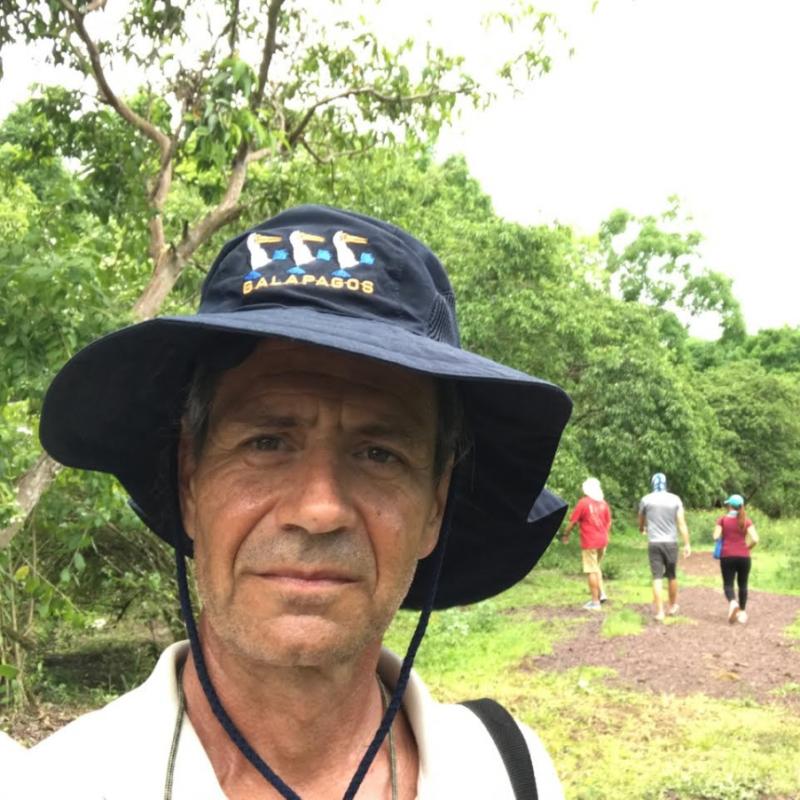Systematics, Evolution & Ecology Focus
Amid increasing concern about the health of ecosystems and endangered species, expertise in systematics and ecology is more important than ever. GW’s Systematics, Evolution and Ecology (SEE) program is one of the few in the world specializing in the principles and methods of phylogenetic analysis and comparative biology, putting the university at the forefront of biodiversity studies.
Students in the SEE focus area explore the complexities of evolution over time and the ecological interactions of species with each other and the environment. Ecology research emphasizes the accumulation of baseline data and assessment of potential biological indicators of ecosystem disturbances.
To complement their classroom education, students can follow fieldwork to the Amazon Basin, Brazilian savanna, Australian rainforests, the Gobi Desert of China, the islands of the South Pacific and Sri Lanka as well as the mid-Atlantic and midwestern United States. The program also hosts a regular course in Costa Rica and has access to curators and collections at the world-class Smithsonian National Museum of Natural History.
Why Does Systematics Matter?
Systematics, the field of biology that orders and compares organisms, is at the core of biodiversity studies because it helps document the development and conservation of the world’s many species. GW’s systematics program aims to discover and describe new species, quantify biological diversity and explore how evolution occurs.
Outdoor Classroom
Students Research Ant Species in Costa Rica and Brazil
As a member of the Organization for Tropical Studies (OTS) consortium, GW regularly brings students to participate in tropical biology courses in Costa Rica and other parts of the world. On recent trips, Associate Professor of Biology Scott Powell’s research group has studied ant biodiversity in the Costa Rican rainforest and the Brazilian savanna.
Faculty in This Field
















